General Sessions
2020 Mid-Atlantic Region Conference |
October 5 | 12:00 PM ET
Opening General Session | Fostering a Diverse and Inclusive Educational Community
This presentation will cover systematic approaches, strategies, and challenges faced by academci institutions as they embark on the quest of implementing initiatives and programs that address diversity and inclusion issues. While successful approaches are multi-factorial, and include strategic, operational and academic initiatives, this presentation will focus on how all university constituents, including staff and administrators, are integral to managing change starting with an appreciation of values.
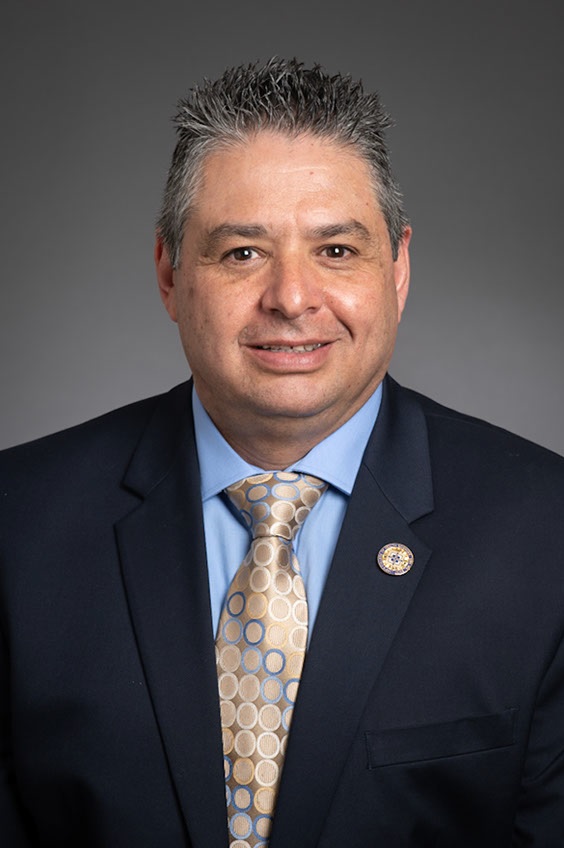 Hubert Benitez, Vice-President of Strategy and Innovation, Rockhurst University
Hubert Benitez, Vice-President of Strategy and Innovation, Rockhurst University
Dr. Hubert Benitez serves as the Vice-President for Strategy and Innovation at Rockhurst University. In this capacity, he is responsible for leading the university’s comprehensive strategic planning model and for overseeing the implementation of University strategic initiatives and priorities as identified and approved by the Board of Trustees. In addition, Dr. Benitez’s areas of responsibility include development of new academic and program initiatives; oversight of e-Learning, assessment, accreditation, institutional research, strategic planning, and project governance; and advising the President on academic, financial, and operational initiatives. Prior to this role, Dr. Benitez served as President and CEO of Saint Luke’s College of Health Sciences for almost five years, until the College became part of Rockhurst University.
Dr. Benitez received his first doctoral degree in Dentistry (DDS) from Pontificia Universidad Javeriana, a Jesuit, research-intensive institution of higher education in Latin America. Subsequently, Dr. Benitez completed a Post-doctoral Fellowship at the University of Connecticut focused on education and research; and later earned a PhD in Higher Education Administration from Saint Louis University, College of Education and Public Service. Finally, Dr. Benitez is a graduate of the Institute for Educational Management (IEM) at Harvard University, Graduate School of Education; and completed the Executive Leadership Program at the University of Pennsylvania, Wharton School of Business.
Dr. Benitez has dedicated the last two decades to higher education as an academic and administrator and approximately 15 years’ experience as a clinician. In addition to his current position, he has served in executive leadership roles including College President, Provost & Chief Academic Officer; Dean of Health Sciences; National Program Director; Department Chair; Director of Continuing Education; Assistant Dean; Associate Director; and has held academic rank at the Associate Professor level. Dr. Benitez has ample experience in academic administration, leadership, strategic planning, in regional accreditation and with programmatic accreditation agencies. He continues to serve as a reviewer for the Middle States Commission on Higher Education and continues to assist academic institutions in the design and implementation of academic, assessment and evaluation, and accreditation programs and initiatives.
Dr. Benitez is an advocate for diversity, equity, inclusion, and multiculturalism, and principles guide his actions, especially in his personal quest of transforming society through education. He has a passion for diversity, social integration and for working with first-generation and diverse student bodies. In response to this commitment, he recently led the creation of the Pathways to Health and Science Education Program, an academic bridge program designed to increase the diversity of students pursuing careers in STEM fields.
(https://www.rockhurst.edu/admissions/pathways-program and http://www.futurehealthsciencesstudent.org).
The Pathways Program received the 2018 Inspiring Programs in STEM Award from INSIGHT Into Diversity magazine, the largest and oldest diversity and inclusion publication in higher education. The Inspiring Programs in STEM Award honors colleges and universities that encourage and assist students from underrepresented groups to STEM fields.
Dr. Benitez is a member of numerous academic organizations and serves on various boards and advisory committees. He has been a guest lecturer in the US and abroad and has been the recipient of several federally and privately funded research grants. Dr. Benitez’s commitment and work has been recognized, among others, by Univision-Kansas City for the ongoing support to Hispanic Heritage Month; by the Universidad Piloto of Colombia for forging international and interdisciplinary exchange programs; by being a recipient of the Hispanic Heritage Award; by the Recognition for Special Service to the Community through Excellence in Education; through Contributions to Suffolk County by the Suffolk County Executive, Office of Minority Affairs; and by being recognized as one the Top 25 Advocates for Latino Empowerment in Long Island, New York.
October 5 | 2:00 PM ET
Enhancing Diversity for Online Students
Diversity and inclusion are core principles of effective instructional design. Creating a course inclusive of all learners is both a legal and ethical responsibility for all university stakeholders. Through careful planning, online courses can be made inclusive by incorporating principles from the Universal Design for Learning (UDL) framework in course design and delivery. The purpose of this session is to build awareness of research-based practices that honor all students’ unique backgrounds and abilities in the online learning environment.
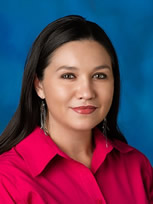
Rae Mancilla, University of Pittsburgh
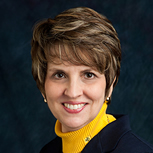
Barbara Frey, University of Pittsburgh
October 6 | 12:00 PM ET
The Emergence of a 60-Year Curriculum: Equitable Lifelong Learning in Times of Crisis
The 60-year curriculum is the modern approach to a lifetime of learning. Getting a degree, getting a job and never setting foot in a classroom again are not today’s reality, as many people alive now will live to be 100 years old. That means people will have five to seven stages in their lives, not just the three traditional stages of school, work and retirement, and learning must be constant throughout our careers. Automation and changes in the workplace mean professionals must continually retool to stay relevant and competitive. Employers in every industry and profession are looking for higher education to help their workers upskill. Through dynamic conversation and audience engagement, this session will first focus on an overview of this movement and then dive deeply into what a 60-year curriculum means for UPCEA member institutions.
-
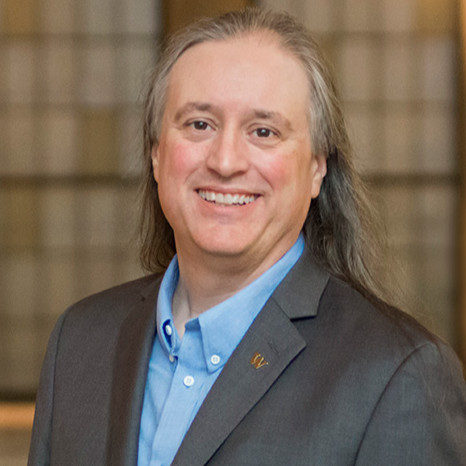 Rovy Branon, University of Washington
Rovy Branon, University of Washington
-
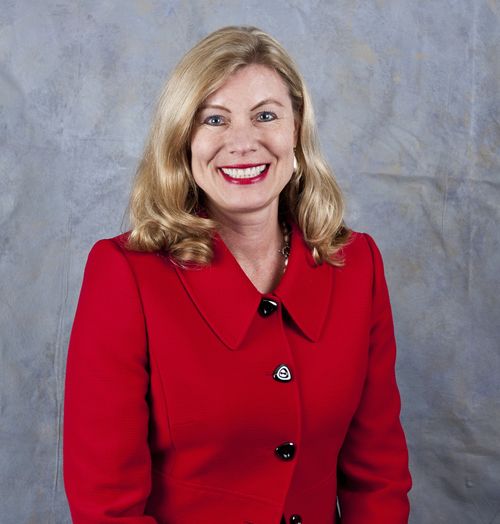 Mary Angela Baker, Firm Fortitude
Mary Angela Baker, Firm Fortitude
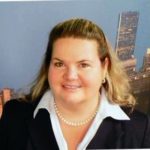 Moderator: Nancy Coleman, Harvard University
Moderator: Nancy Coleman, Harvard University
October 6 | 2:00 PM ET
Unexpected Positive Outcomes of the COVID-19 Pandemic
Across the U.S. and in response to the COVID-19 pandemic the higher ed community swiftly adapted its classes, teaching, services, and operations. Despite the many disruptions to institutions and individuals, several unintended and unexpected positive outcomes arose out of such adaptations. This presentation will outline the immediate widespread positive outcomes, now poised to become systemic long-term advancements, at two universities as well as the operational and cultural strategies needed to make them happen.
-
 Paul Nardone, Director, Center for Adult and Continuing Education
Paul Nardone, Director, Center for Adult and Continuing Education
Misericordia University
-
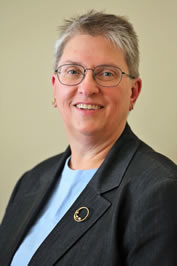 Chris Sax, Provost and Vice President for Academic and Student Affairs
Chris Sax, Provost and Vice President for Academic and Student Affairs
Maryland University of Integrative Health
October 7 | 12:00 PM ET
The Rise of Alternative Credentials
As the marketplace continues to shift, and the demand for alternative credentials (micro-, nano-, stackable) rises, this session will cover the recently released Hallmarks of Excellence in Credential Innovation, along with the results of a recent UPCEA survey of 176 institutions on the role that alternative credentials plays in their portfolio of programs. The survey, sponsored by Mindedge, will share actionable data of those members involved in alternative credentialing efforts, in what areas, and with what results. This lively session will examine the emergent phenomenon of credential innovation as well as showcase data that undergird credential evolutions and how UPCEA member institutions are leading this charge.
-
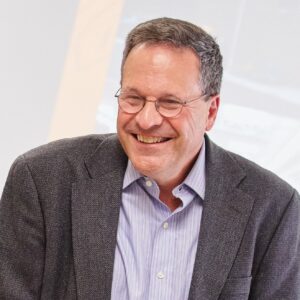 Jay Halfond, Boston University
Jay Halfond, Boston University
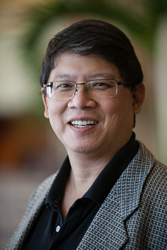
Jim Fong, UPCEA
-
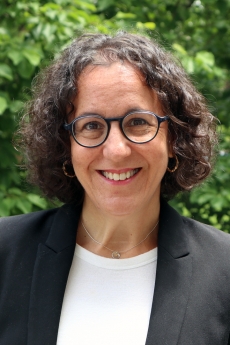 Melissa Feuer, George Washington University
Melissa Feuer, George Washington University
-
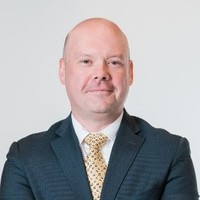 Christopher Steele, University of Maryland, Baltimore County
Christopher Steele, University of Maryland, Baltimore County
October 7 | 2:00 PM ET
Achieving Work/Life Balance and Resilience
In this heady time, when new work settings and uncertainty abound, how can we help each other aim for a balance between personal and professional? This interactive discussion will illuminate insights and strategies for navigating the demands of increased workplace pressures amid COVID, as well as ways to strengthen commitments to personal happiness.
-
Mary-Angela Baker, Firm Fortitude
-
Ana-Rita Mayol, University of Pennsylvania
-
Kris Rabberman, University of Pennsylvania
-
Nichole Henry, Syracuse University
-
Andrea Willis, Syracuse University
-
Amy Heitzman, UPCEA

 Hubert Benitez, Vice-President of Strategy and Innovation, Rockhurst University
Hubert Benitez, Vice-President of Strategy and Innovation, Rockhurst University

 Rovy Branon, University of Washington
Rovy Branon, University of Washington  Mary Angela Baker, Firm Fortitude
Mary Angela Baker, Firm Fortitude Moderator: Nancy Coleman, Harvard University
Moderator: Nancy Coleman, Harvard University  Paul Nardone, Director, Center for Adult and Continuing Education
Paul Nardone, Director, Center for Adult and Continuing Education Chris Sax, Provost and Vice President for Academic and Student Affairs
Chris Sax, Provost and Vice President for Academic and Student Affairs Jay Halfond, Boston University
Jay Halfond, Boston University 
 Melissa Feuer, George Washington University
Melissa Feuer, George Washington University Christopher Steele, University of Maryland, Baltimore County
Christopher Steele, University of Maryland, Baltimore County